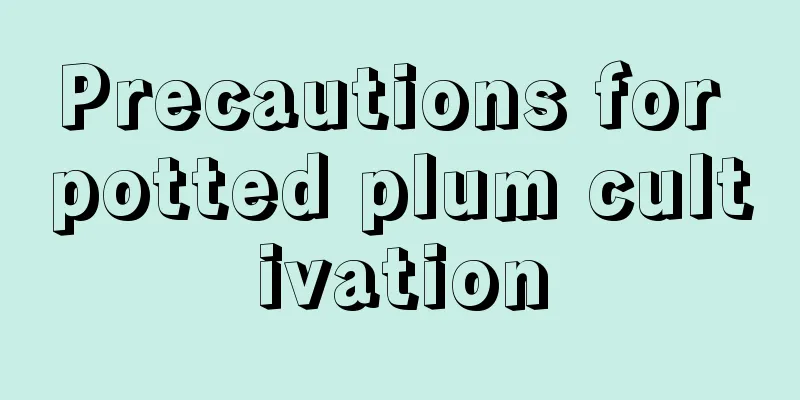Cultivation methods and precautions of green lily

|
The flower called Lily of the Valley is actually very easy to grow. It has a great advantage over many ornamental flowering plants in that it is very resistant to high temperatures and drought, and has no strict requirements on soil. Even in very poor or even saline-alkaline soil, Lily of the Valley can grow and bloom. How to cultivate green lily1. Soil Green lily is suitable for planting in loose, fertile, well-drained soil containing humus. If you prepare the soil yourself, you can mix 5 parts of leaf mold, 2 parts of coconut bran, and 3 parts of river sand or perlite, and add some bone meal as base fertilizer. 2. Water and fertilizer management The roots of the green lily are very afraid of waterlogging. If the soil is particularly moist, the green lily is very likely to get root rot. Therefore, you should control watering at ordinary times to keep the soil slightly moist. In addition, during the growth period of the green lily, you can apply thin organic fertilizer or compost every half a month to supplement nutrients. 3. Adequate lighting The green lily can be placed in a brightly lit environment for daily maintenance. It can grow and bloom well. It needs to be given about 5 hours of light a day, which can make the green lily grow stronger. If there is a lack of light, the green lily will grow too tall and will not be able to bloom smoothly. Matters Needing Attention in the Maintenance of Green LilyThe blue lily is relatively heat-resistant but not cold-resistant. It will enter a dormant state in winter. Therefore, before winter, it is best to place the blue lily in a place with a temperature of about 5 degrees to allow it to dormant. The blue lily's favorite growth temperature is 22-30 degrees. The blue lily is very prone to root rot. Flower lovers can spray the plants with Bordeaux solution. Generally, it is sprayed once every 6 days, and sprayed 2-3 times in a row. At the same time, those plants with root rot should be taken out and destroyed, away from healthy plants. If necessary, the pots and soil can be changed. |
<<: How to plant passion fruit seeds
>>: How to grow saffron in pots
Recommend
Differences between Cornus officinalis and Evodia rutaecarpa
Different species Cornus officinalis is a deciduo...
Can soybeans be hydroponically cultivated? Hydroponics cultivation methods and precautions
Can soybeans be grown hydroponically? Soybean spr...
How to plant daylily so that it can quickly enter the high-yield period?
Daylily has a unique taste and is rich in nutrien...
How to water Boston fern
Water use tips When to water It does not require ...
How to grow Epiphyllum
1. Breeding environment 1. Soil: Choose loose and...
Can camellia survive in the north? (Why can't I keep the camellia I bought alive?)
Camellia is mainly distributed in the Yangtze Riv...
How to grow stinking peony
1. Maintenance methods 1. Temperature: The growth...
Do sunflowers like the sun?
Sunflowers love the sun Sunflowers like sunlight....
How long does it take for mountain rose cuttings to take root?
Mountain rose cutting rooting time When mountain ...
Bougainvillea Yunnanensis
Yunnan Purple is one of the most prolific floweri...
It is better to water mint every few days.
Water mint every few days Mint has a relatively h...
The difference between spider silk, hairy silk and red silk
The difference between spider silk and hairy silk...
How to propagate Epiphyllum and precautions
How to reproduce Epiphyllum The common ways of pr...
What fertilizer is good for growing lotus roots?
Lotus root fertilizer Generally, plants need 16 f...
There are several types of crabapple
1. Western Begonia The crabapple tree is named af...









